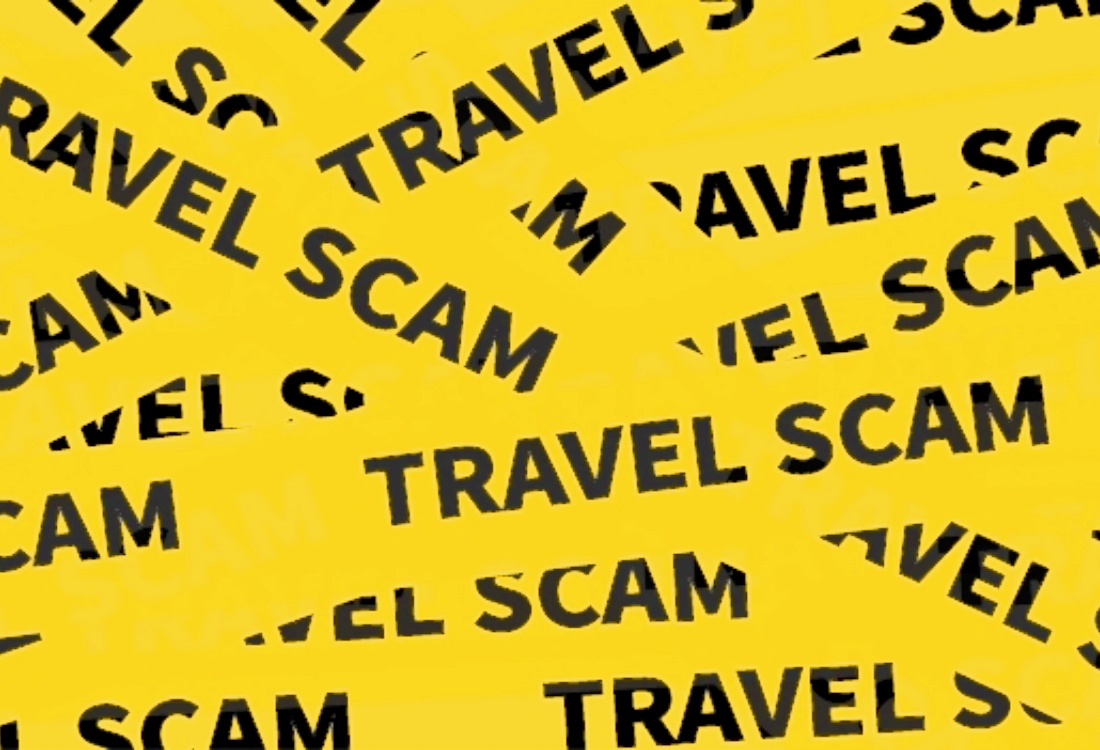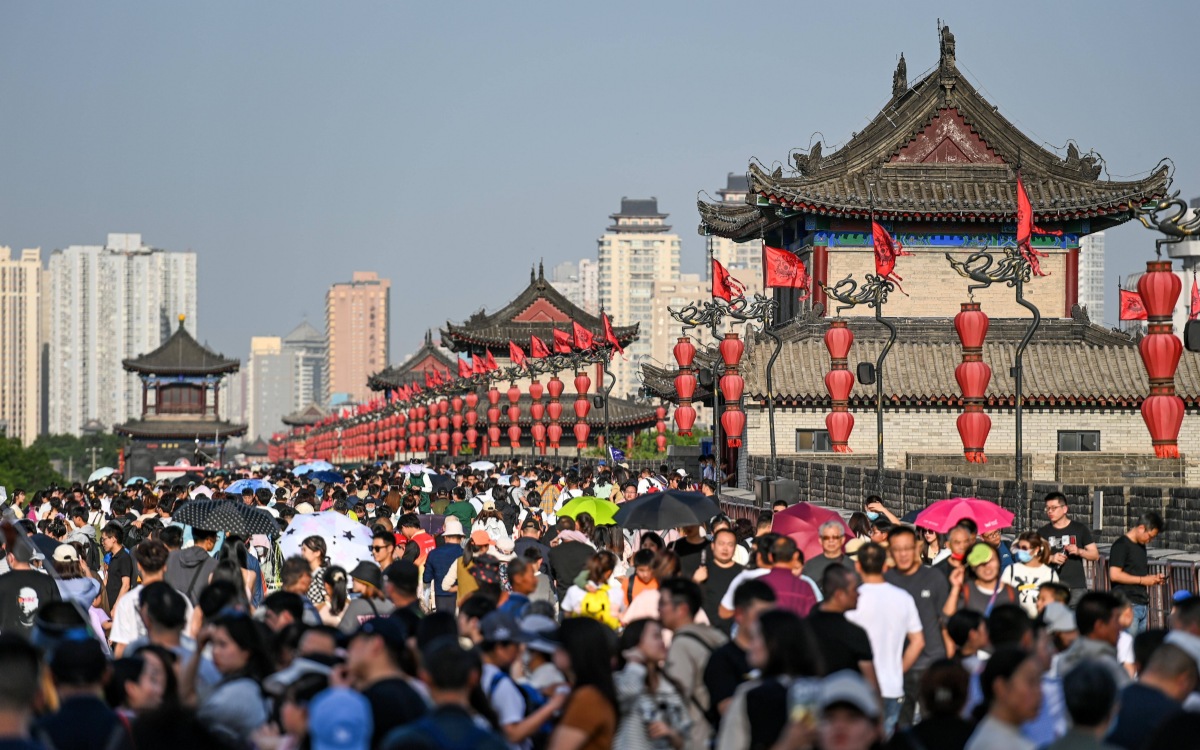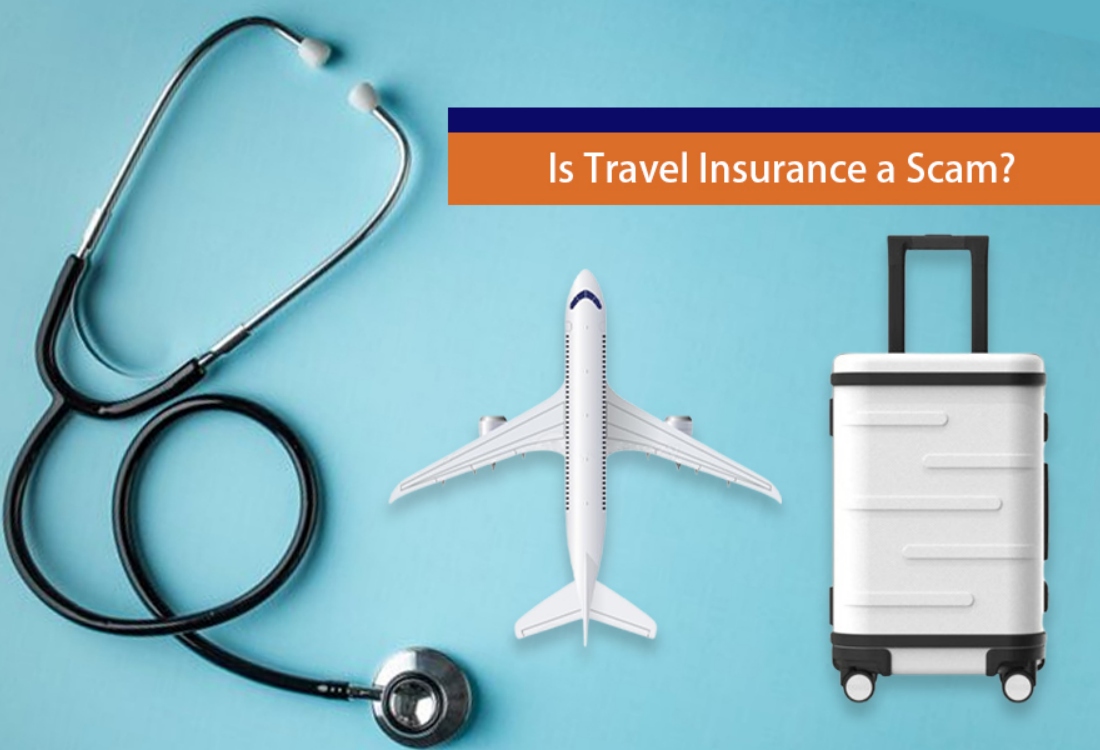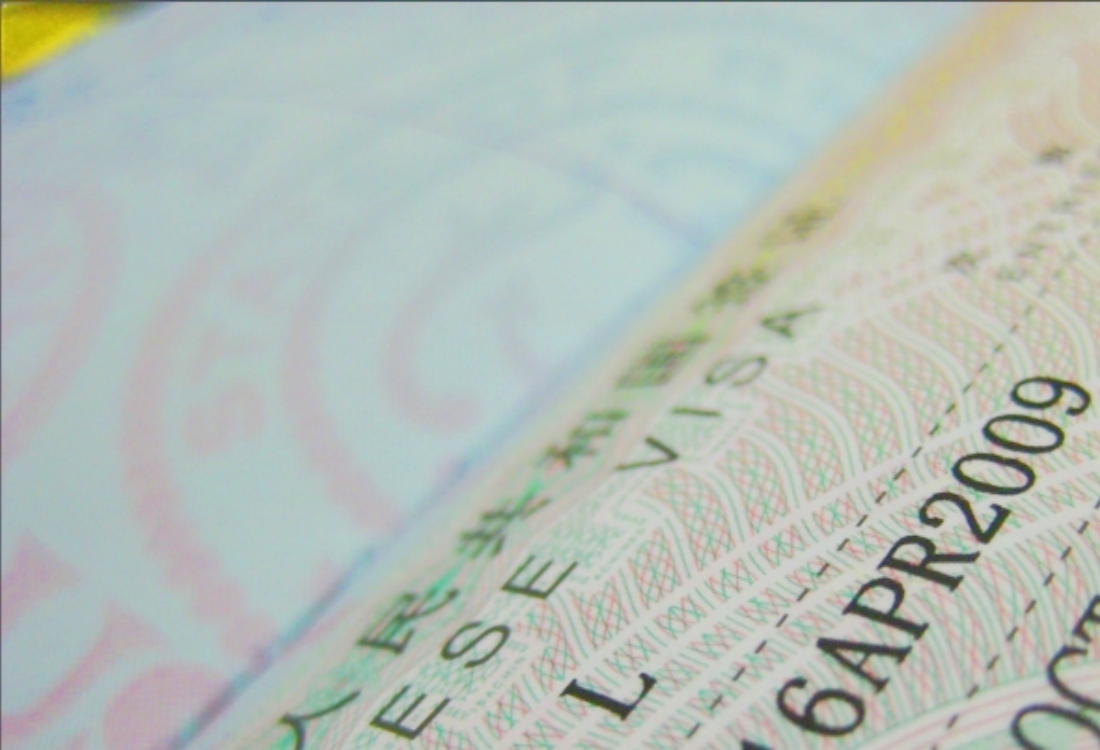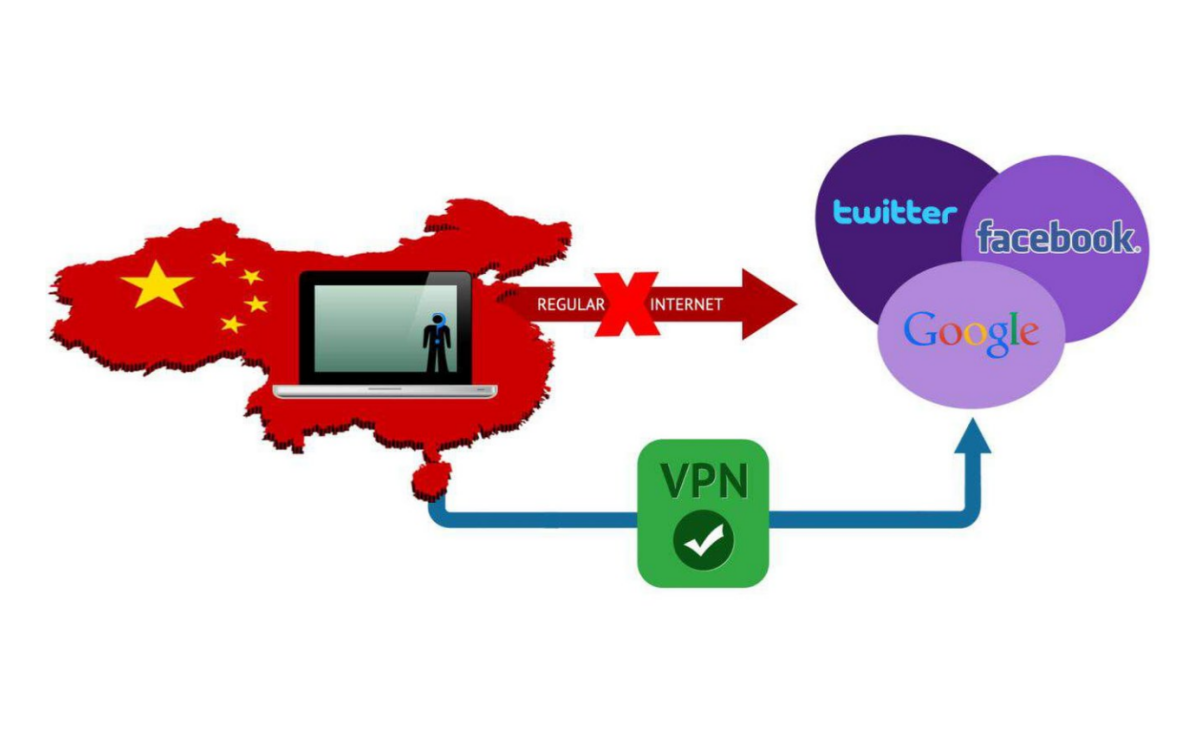Table of Contents
ToggleSuper cheap China tours sound like a great deal. They promise big adventures for little money. This article explores the traps of these low-cost trips. We will cover what makes them risky and how to avoid these traps.
What are Super Cheap China Tours Traps
Super cheap China tours are travel packages that cost very little. For example, some tours cost as low as $2000 for a 10-day trip. These tours include flights, hotels, and visits to places like the Great Wall or Beijing. They attract budget travelers who want to see China’s wonders without spending much. But many of these tours come from untrustworthy operators. These tours often make money through hidden fees or forced shopping, not from the tour price itself.

Common Hidden Traps of Super Cheap China Tours
These tours have traps that travelers do not see at first. Here are the main risks.
Forced Shopping
One big trap is forced shopping. Tour guides take groups to specific shops and pressure people to buy things. These shops sell items like jade, tea, silk, or medicine at high prices. The goods are often fake or low quality.
Fake Qualifications
Many tour operators lie about their skills. They claim to be licensed or government-approved but are not. Some use fake photos or ads to lure people. Once you book, the tour changes. You might get a different guide or itinerary.
Hidden Fees and Surcharges
Safety and Security Traps
Super cheap tours can put your safety at risk. Crowded buses or poorly planned schedules lead to accidents.
Transportation Traps: Taxis and Beyond
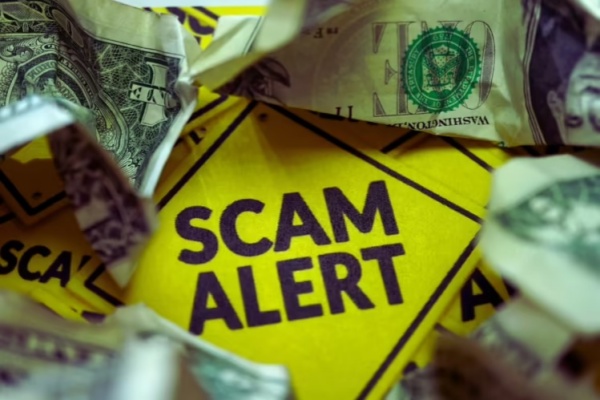
How to Avoid These Traps
Don’t let these challenges discourage you from experiencing China’s rich culture and history—just follow these practical tips to travel smarter and more comfortably.
Before Your Trip: Booking Tours
- Research Thoroughly: Before booking any group tour, meticulously research the agency.
- Avoid “Too Good to Be True” Deals: If a tour price seems unbelievably low (e.g., under $100 a day including flights and hotels), it almost certainly has hidden costs or compromises.
- Choose Reputable Tour Operators: Seek out companies with a strong reputation and explicitly state “100% No Shopping” in their tour descriptions.
- Read the Fine Print and Ask Detailed Questions: Before signing up, get a clear, written itinerary. Ask about all inclusions and exclusions. Specifically inquire about any “specialty stores” or “cultural factories” listed. If an agent refuses to name all stores before you pay, walk away.
- Verify Licenses and Credentials: Ensure the tour operator is licensed by the China Tourism Administration and that your guide is certified.
- Pay with Credit Card: Use a credit card with strong charge-back rules for deposits and payments, offering a layer of protection against fraud.
During Your Trip: Staying Vigilant
- Polite but Firm Refusal: If you find yourself at a forced shopping stop, politely but firmly state, “I will not buy, thank you,” and keep your wallet securely in your daypack.
- Be Cautious with Strangers: Be wary of overly friendly strangers who approach you, especially in tourist areas, as they may be part of a trap.
- Use Official Channels: Always purchase through official vendors or reputable tour operators.
- Embrace Digital Payments: China has largely transitioned to electronic payment systems like WeChat Pay and Alipay. Be prepared for this, as cash is less common.
- Consider Travel Insurance: Comprehensive travel insurance that covers medical emergencies, trip cancellations, and lost baggage provides a crucial safety net against unforeseen issues.

What If You Encounter a Trap?
If you find yourself on a tour that feels like a trap (e.g., excessive forced shopping, unexpected fees, refusal to go to advertised sites):
- Document Everything: Keep records of the itinerary, payments, names, locations, and specific issues encountered. Take photos or videos if possible and safe.
- Communicate with the Operator: Calmly express your concerns to the guide or contact the tour company directly if possible.
- Refuse Participation: You generally have the right to refuse to enter shops or purchase items, though you may face pressure.
- Report the Issue: If unresolved, report the incident to the local tourism administration or consumer protection agency in China. Contacting your embassy or consulate might also be helpful.
- Share Your Experience: Leave factual reviews on travel websites to warn fellow travelers.
By being aware of these traps and making informed decisions, travelers can enjoy an authentic and stress-free experience in China without falling into tourist traps.

